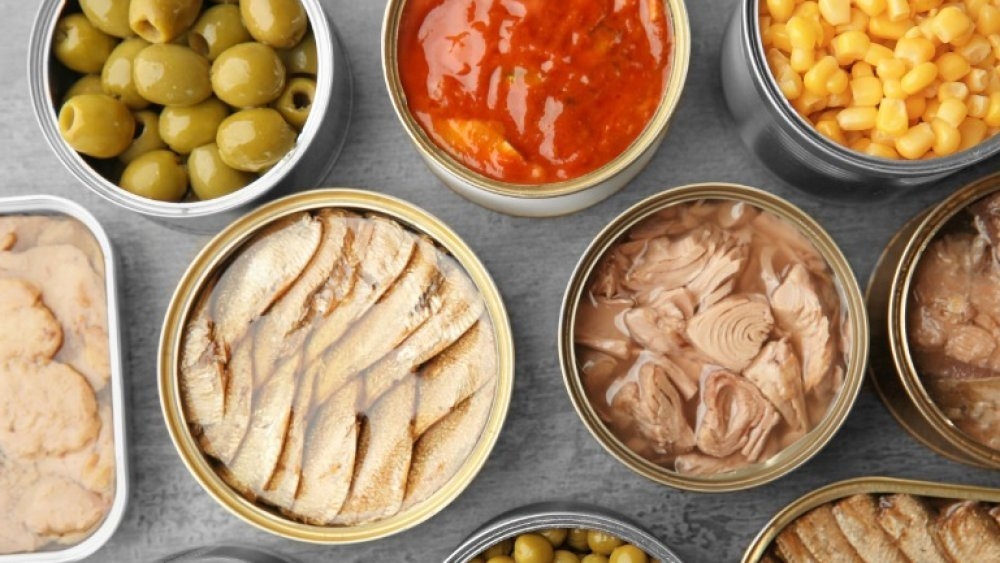Canned and frozen fruits and vegetables are often considered less nutritious than fresh fruits and vegetables. But this is not the case.
Sales of canned and frozen foods have surged in recent weeks as more consumers stock up on shelf-stable food. Even refrigerator sales are on the rise. But the conventional wisdom that many of us live by is that when it comes to fruits and vegetables, nothing is more nutritious than fresh produce.
Is eating canned or frozen products bad for our health?
Fatima Hachem, senior nutrition officer at the Food and Agriculture Organization of the United Nations, said that when it comes to this question, it is important to remember that crops are most nutritious the moment they are harvested. Fresh produce undergoes physical, physiological and chemical changes as soon as it is picked from the ground or tree, which is the source of its nutrients and energy.
“If vegetables stay on the shelf for too long, the nutritional value of fresh vegetables may be lost when cooked,” Hashim said.
After picking, a fruit or vegetable is still consuming and breaking down its own nutrients to keep its cells alive. And some nutrients are easily destroyed. Vitamin C helps the body absorb iron, lower cholesterol levels and protect against free radicals, and is also particularly sensitive to oxygen and light.
Refrigeration of agricultural products slows down the process of nutrient degradation, and the rate of nutrient loss varies from product to product.
In 2007, Diane Barrett, a former food science and technology researcher at the University of California, Davis, reviewed many studies on the nutritional content of fresh, frozen, and canned fruits and vegetables. . She found that spinach lost 100 percent of its vitamin C content within seven days if stored at room temperature of 20 degrees Celsius (68 degrees Fahrenheit) and 75 percent if refrigerated. But in comparison, carrots lost only 27 percent of their vitamin C content after a week of storage at room temperature.
Post time: Nov-04-2022

